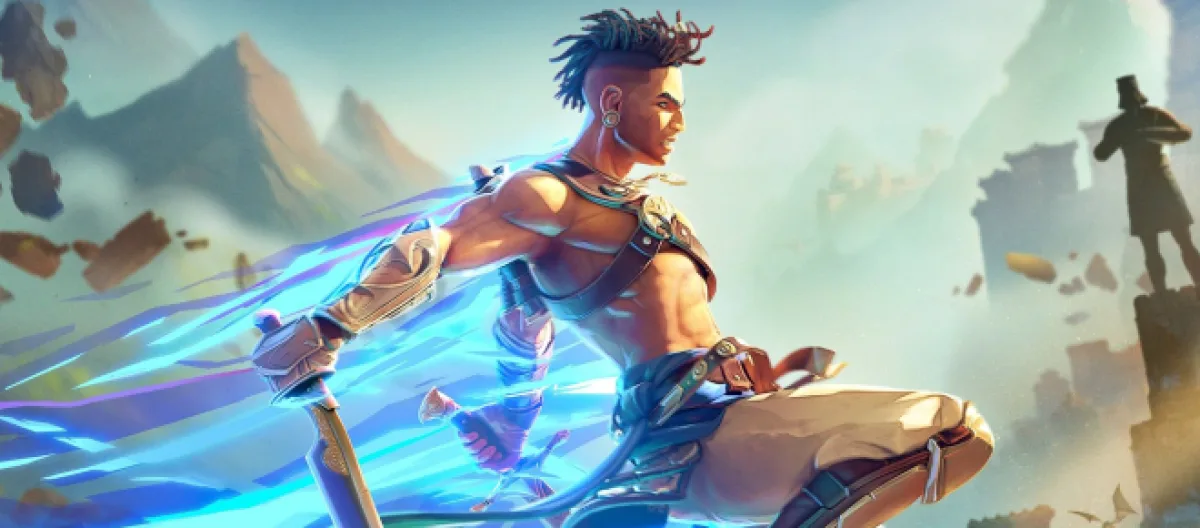Once again, Ubisoft just couldn't resist undoing the recent goodwill they've have garnered from a well-received title. In the wake of "Prince of Persia: The Lost Crown's" success, the company made headlines when its director of subscriptions, Philippe Tremblay, gave the lowdown on its new service and how he felt the market was changing. According to IGN, Tremblay alluded to the shift from physical media such as DVDs and Blu-rays to streaming services, and claimed that "feeling comfortable with not owning your game" was something consumers would have to do in the future.
In addition to disregarding gamers who prefer to own their titles physically, this attitude serves as another example of the repeated efforts to dismantle the idea of consumer ownership in the gaming industry. This is by no means a new phenomenon, but changes in the media landscape have seemingly made companies more brazen in their attempts to curb the power of consumers.
Deal with it
I will profess that even after owning a Switch, I still turned to the Wii U digital store in order to enjoy the Big N's classic games rather than Nintendo Switch Online. Despite the plethora of available titles on NSO, the prospect of paying a monthly fee for the permission to enjoy Nintendo's history was less appealing to me than simply paying for a single game and owning it forever.
Unfortunately, it wasn't too long before the eShop was discontinued in favor of NSO.
This willingness from consumers to relinquish their power stood in stark contrast to the infamous reveal of the Xbox One. At E3 2013, Microsoft was crucified by fans and the press alike when it announced that players would be unable to play offline or even share a game disc they purchased with another player without paying for a specific service.
The straw that broke the camel's back was a series of ill-advised tweets from former Microsoft director Adam Orth who sneered at players' legitimate grievances with a simple "#dealwithit." Looking back now, this sentiment feels eerily similar to Tremblay's recent statement.
Needless to say, this was not good PR for the Xbox brand, culminating in Orth's prompt dismissal and the eventual dismantlement of these controversial "features."
Despite the Xbox One debacle, NSO managed to succeed years later where Microsoft failed – it helped normalize the dismantling of consumer ownership in the industry.
What can be done?
Streaming services such as Netflix and Max have largely changed the way consumers enjoy media – for better and for worse. What they offer in convenience and choice, they take away in ownership and preservation. If a series or movie isn't given the luxury of a physical release, their removal from these aforementioned platforms can essentially doom them to becoming lost media.
There's no reason the same thing can't happen to games – especially if companies such as Microsoft, Nintendo and Ubisoft have their way. So, no: gamers shouldn't "get comfortable" with this potential scenario. If anything, it should embolden us to exercise our rights as consumers.
